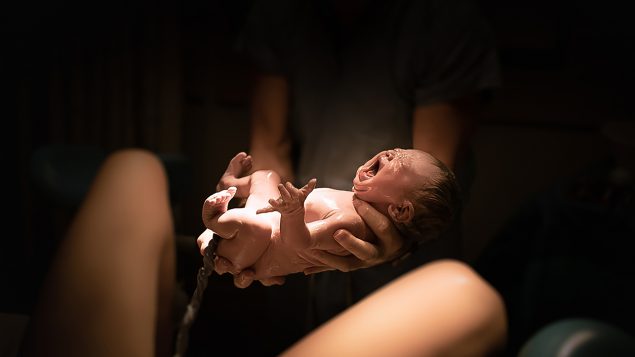Beneficial bacteria are passed from mother to baby through breast feeding and scientists have found mother’s milk changes significantly over time, possibly boosting the baby’s immunity and metabolism. Researchers say the finding suggests that mother’s milk “could act like a daily booster shot for infant immunity and metabolism.”
In recent years, scientists have discovered that trillions of bacteria and other microbes live in each of our bodies, most of them in our gut. They play a key role in the daily operations of the human body. Each person has a network of microbiota determined by their DNA and more are added as a baby moves through the birth canal and breastfeeds, and later in life.
Using genomic technology pioneered for the International Space Station, researchers from Montreal and Guatemala have now discovered a range of bacterial species in human milk that changes over time. It is believed that these microbiota protect the baby’s gastrointestinal tract and improve some areas of long-term health, such as allergy prevention.

A baby picks up microbiota as it moves through the birth canal and more through its mother’s milk when it begins to nurse. (iStock)
Scientists get ‘a unique window’ to study changes in breast milk
While about 90 per cent of women in Canada start off breastfeeding their babies, at six months after the birth, only 30 per cent are exclusively breastfeeding and 47 per cent have stopped entirely. The UN’s World Health Organization recommends that infants be exclusively breastfed for six months and that complementary foods be introduced while breastfeeding continues for up to two years of age or beyond. This study adds to data that supports the recommendation.
To get a picture of the benefits of long-term breastfeeding, the scientists analyzed breast milk samples of Indigenous Mam-Mayan mothers living in eight remote communities in the Western Highlands of Guatemala. Almost all of them nurse their babies for six months. This gave researchers what they call “a unique window to observe the human milk microbiome over time,” and the findings were significant.

This diagram shows the many types of microbiota found in breastmilk soon after babies are born and then later. (researchers Emmanuel Gonzalez et al.)
Some bacteria in breast milk protect against toxins, pollutants
“Some bacterial species we observed in our sample breast milk had a common function in destroying foreign substances or xenobiotics and could play a role in protection against toxins and pollutants,” says co-author Emmanuel Gonzalez, a bioinformatics specialist at McGill University. The researchers found the discovery sheds light on how mothers help lay the foundation for infant immunity.
The scientists hope this study will encourage more research into the human milk microbiome and the factors that shape it. The study was conducted by researchers at McGill University, the Université de Montréal and the Center for Studies of Sensory Impairment, Aging and Metabolism (CeSSIAM) in Guatemala. it was published in the journal Frontiers in Microbiology.







For reasons beyond our control, and for an undetermined period of time, our comment section is now closed. However, our social networks remain open to your contributions.